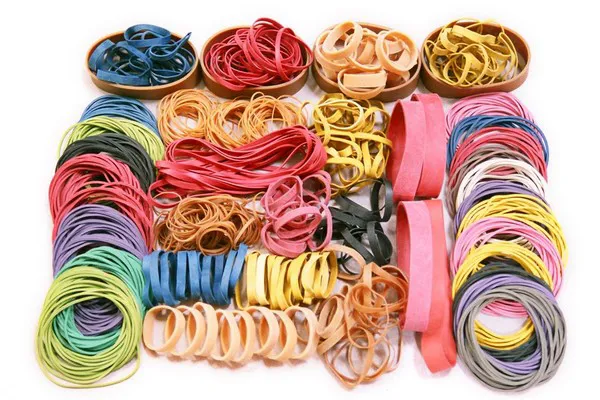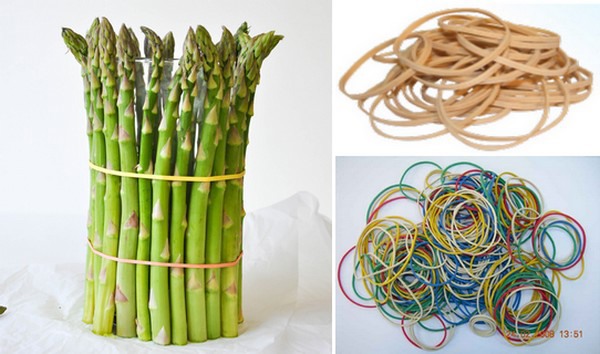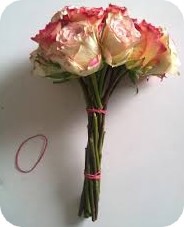What is the tensile strength? It is one of the most important questions that rubber band suppliers are being asked. It shows that a rubber band is not just a rubber band. In the binding of flowers, these products are often used, but not just all kinds of rubber bands are suitable. The tensile strength, which means how well the band stretches and reverts back to its normal form/size, is essential for any purpose but for flower binding in particular as this, as well as the sizing, is quite specific. “Binding flowers is a delicate task. The rubber band should hold the flowers together, but should not damage them”, says NS Narula of Jascorp, a raw rubber producer with their head office in Singapore and production base in Thailand. They are supplying rubber bands worldwide for 12 years now.

Thailand: world’s largest raw rubber producer
Thailand is the largest producer of raw rubber in the world and therefore also takes a big share in the rubber band market. Also Jascorp's production base is in Thailand, and since the establishment of the company, they have grown quickly. Rubber bands is one of their products which they supply in many fields, including horticulture, agriculture and stationary. Each and every field has its own requirements regarding the size, content, tensile strength and so on.

Rubber bands in floriculture
Due to the large application base, Jascorp supplies their rubber bands all over the world, and for the floral industry, the majority of the bands go to farms in Kenya, Ethiopia, Colombia, Ecuador, as well as farms in the Netherlands and other European countries, but also the USA and Canada. Over the years, the demand for rubber bands has increased and according to Narula, the stable and strong demand from the flower industry contributed to this growth.
 What kind of rubber band for flowers?
What kind of rubber band for flowers?
A rubber band is not just a rubber band, and in every field, requirements are different. “The flower farms require specific sizes and tensile strengths to ensure that their flowers are not damaged during packing or binding. Over the years, we’ve learned a lot and expanded our assortment accordingly.” And not only in sizes and tensile strength, also in content of the product. They are able to manufacture the rubber grades (Crepe & Compound) from 60% quality to 100% (60% grade is economic and 100% grade is highest quality with greater stretch ability and greater holding capacity). “In this way, we try to have a suitable option for every type of grower.”
Impact COVID-19
The COVID-19 crisis affected the demand for flowers and in turn, the demand for products used to process flowers. Narula: “For 2 months, COVID-19 severely affected the demand as flower farmers were not able to export their product. Therefore, they did not have to buy as much as they do regularly.” Fortunately, as the markets are opening up slowly, Narula notices a comeback in demand.
For more information
Jascorp Enterprise Pte Ltd
Suntec Tower Three, #42-01
8 Temasek Boulevard, Singapore 038988
P: +65 6829 2318
F: +65 6722 0706 (DIRECT)
F: +65 6829 2315
Email: ns@jascorpsg.com
www.jascorpsg.com
